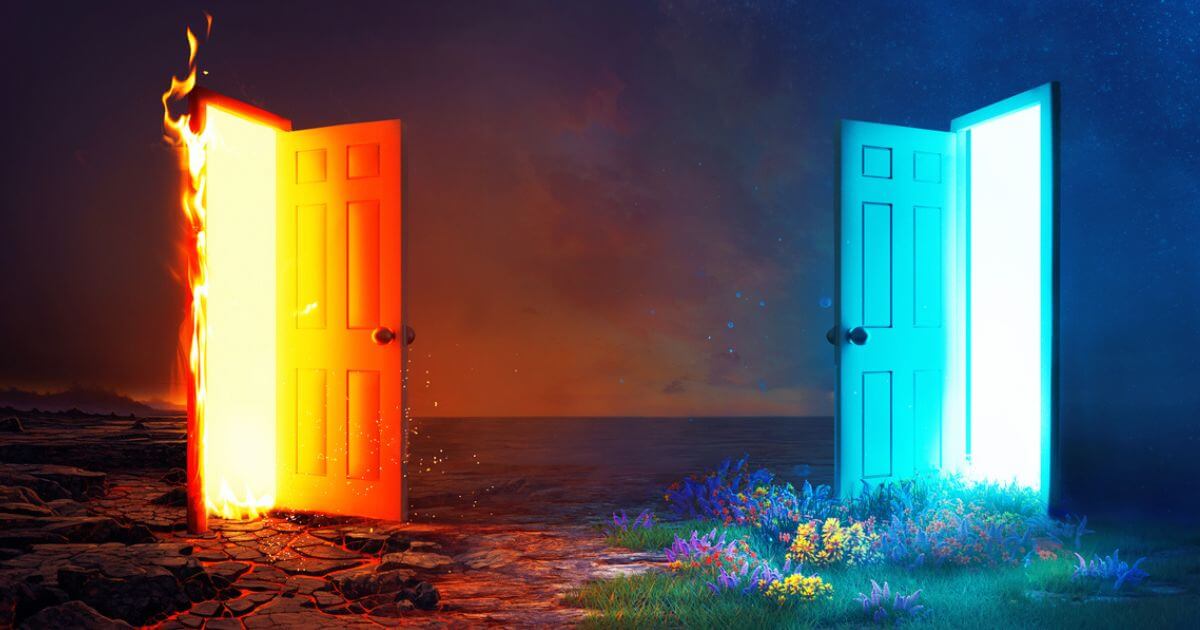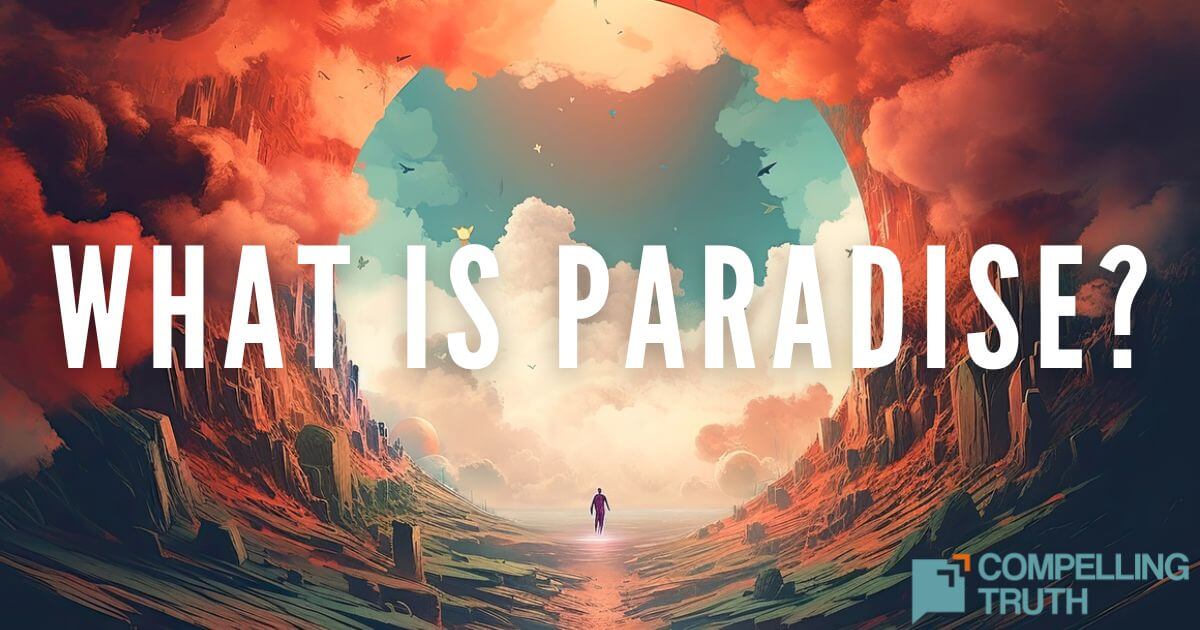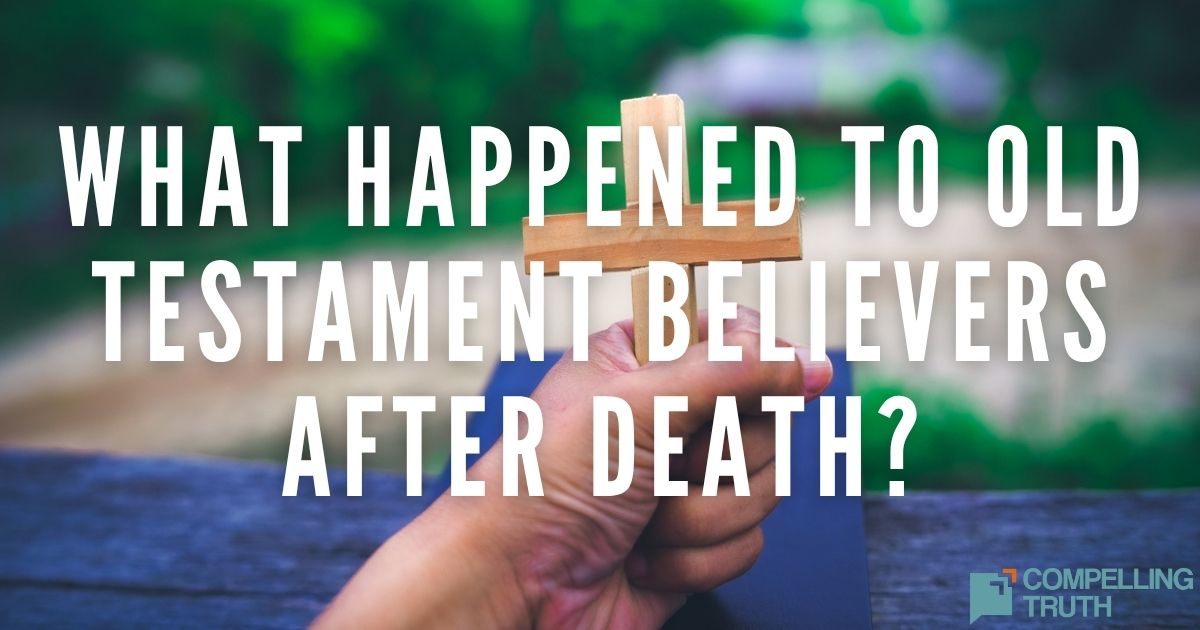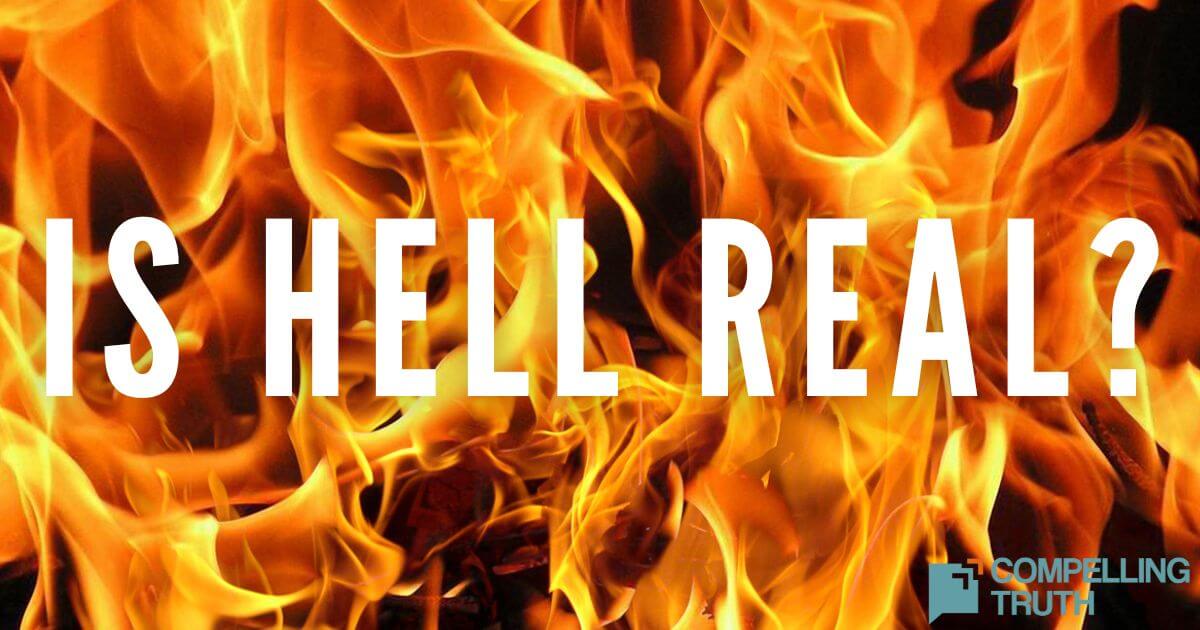The Bible uses various terms like sheol, hades, gehenna, hell, the lake of fire, paradise, and Abraham's bosom to describe different aspects of the afterlife. Sheol and hades both refer to the realm of the dead. Gehenna and the lake of fire are linked to judgment, with Gehenna symbolizing a place of torment and the lake of fire being the final destination for unbelievers. All these refer to hell, or the place of judgment, where those who reject Jesus for salvation will go. Paradise and Abraham's bosom are described as places where believers go after death, with paradise representing a joyful existence with God. These all refer to places where believers who trust in Jesus’ death and resurrection will go, living in God’s presence and without sin, death, pain, and suffering. Ultimately, all these terms point to two eternal destinations: heaven for those who trust in Christ and hell for those who reject Him.
The Bible clearly shows that there are only two ultimate destinations: heaven and hell. While the terms sheol, hades, gehenna, hell, the lake of fire, paradise, and Abraham’s bosom describe various aspects of the afterlife, they all point to one central truth: our eternal fate is determined by our relationship with God. Knowing where we will spend eternity is based on whether or not we trust in Jesus Christ for salvation. At death, people will go immediately to two places: a place of torment awaiting the permanent hell that will come after the end times or heaven, in God’s presence. Those who reject Christ’s offer of salvation are choosing to live separated from God for eternity and will face the consequences of their choice. On the other hand, those who trust in Jesus’s death and resurrection for the forgiveness of sins are promised eternal life in heaven, where they will dwell in the presence of God forever, free from sin and suffering. The Bible urges us to make our decision now, as our eternal destiny is shaped by how we respond to God’s grace through faith in Christ. Understanding what is to come, we are called to find salvation in Christ and to live in a way that honors God, with the hope that one day we will experience the joy of eternal life with Him.




